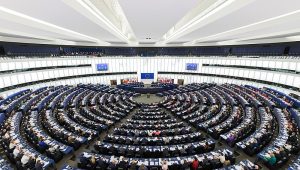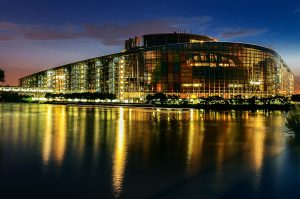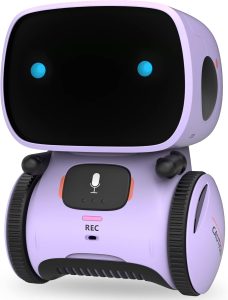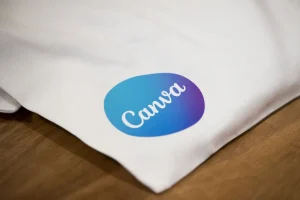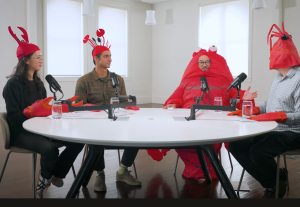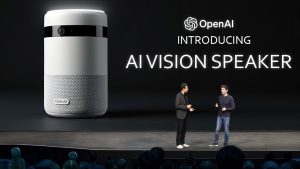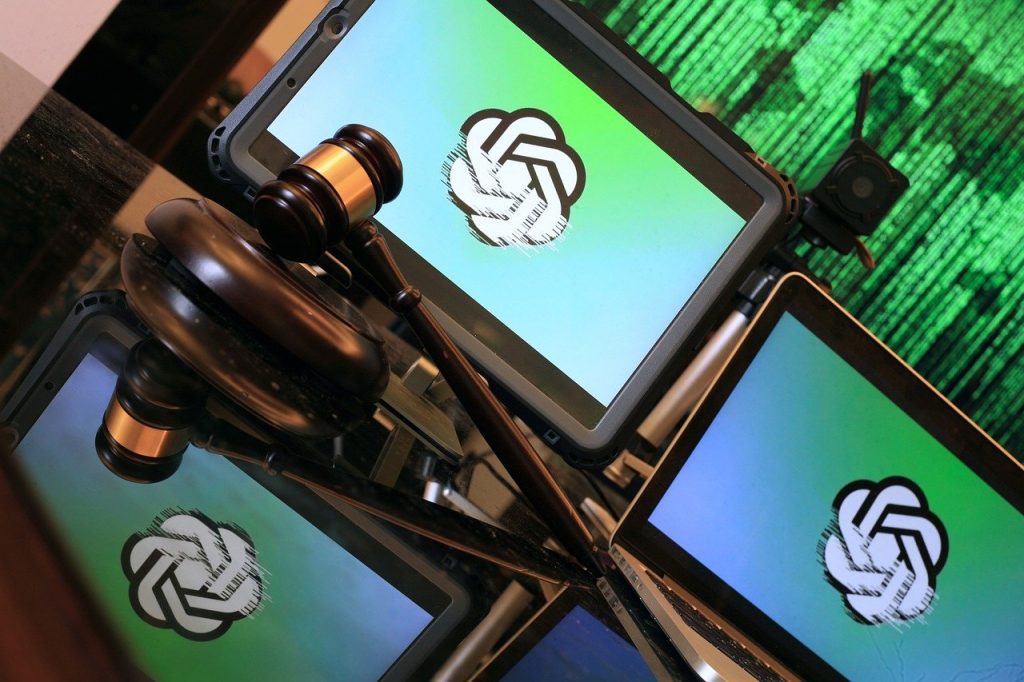
Are ChatGPT Images Copyright Free?
In the age of digital content creation, AI-generated images are becoming increasingly popular. Among these AI tools, ChatGPT by OpenAI has made significant strides in generating not only text but also images. This brings us to a crucial question: Are ChatGPT images copyright free? In this blog, we will explore the copyright implications of AI-generated images, focusing on their legal status, usage rights, and ethical considerations.
Understanding AI-Generated Images
What Are AI-Generated Images?
AI-generated images are created using artificial intelligence algorithms that can produce visuals based on given input data. These images can range from simple illustrations to complex artworks, and they are often used in various applications such as marketing, education, and entertainment.
How Does ChatGPT Generate Images?
ChatGPT primarily focuses on text generation, but its underlying technology can be extended to image generation through integrations with other AI models like DALL-E, another product by OpenAI. These models use deep learning techniques to analyze and generate images that match textual descriptions.
Copyright and AI-Generated Images
The Basics of Copyright
Copyright is a legal concept that grants creators exclusive rights to their original works. This includes the right to reproduce, distribute, and display the work. Copyright protection applies to various forms of creative expression, including literature, music, and visual art.
Are AI-Generated Images Copyrightable?
The copyrightability of AI-generated images is a complex and evolving issue. Traditionally, copyright law requires a human author to claim rights over a work. Since AI-generated images lack direct human authorship, their copyright status is unclear. In many jurisdictions, current laws do not recognize AI as a creator, meaning AI-generated images may not be eligible for copyright protection.
Legal Precedents and Developments
Legal frameworks are gradually adapting to address AI-generated content. For example, in 2022, the United States Copyright Office denied a copyright application for an AI-generated artwork, citing the lack of human authorship. However, this area of law is still developing, and future changes may impact the copyright status of AI-generated images.
Usage Rights and Licensing
Public Domain and AI-Generated Images
Since AI-generated images often lack clear copyright protection, they may fall into the public domain. This means that anyone can use, modify, and distribute these images without seeking permission or paying royalties. However, this assumption should be approached with caution, as legal interpretations can vary.
Licensing Agreements
Some AI platforms, including those affiliated with ChatGPT, provide licensing agreements for their generated content. These agreements outline the terms under which users can use AI-generated images. It's important to review and understand these terms to ensure compliance with the platform's policies.
Ethical Considerations
Even if AI-generated images are technically free to use, ethical considerations should guide their usage. For instance, using AI-generated images without proper attribution may raise questions about originality and integrity. It's essential to use these images responsibly and transparently.
Practical Applications of AI-Generated Images
Marketing and Advertising
AI-generated images are widely used in marketing and advertising to create compelling visuals. Their ability to quickly generate diverse and creative images makes them valuable assets for promotional campaigns.
Educational Content
Educators can leverage AI-generated images to create engaging and informative content. These images can illustrate complex concepts, making learning more accessible and enjoyable.
Creative Projects
Artists and designers use AI-generated images as inspiration or as elements in their creative projects. These images can serve as a starting point for further customization and artistic expression.
Enhancing the Legitimacy of AI-Generated Images
Attribution and Credit
To enhance the legitimacy of AI-generated images, always attribute and credit the source, even if not legally required. This practice promotes transparency and acknowledges the technology behind the creation.
Clear Usage Policies
Platforms providing AI-generated images should establish clear usage policies and licensing terms. This helps users understand their rights and responsibilities when using these images.
Collaboration with Legal Experts
Collaboration with legal experts can help clarify the copyright status of AI-generated images. By staying informed about legal developments, users and creators can navigate this complex landscape more effectively.
Future Perspectives
Legal Reforms
As AI technology continues to advance, legal reforms may address the copyright status of AI-generated images more comprehensively. These reforms could provide clearer guidelines for creators and users alike.
Advancements in AI Technology
Advancements in AI technology will likely lead to more sophisticated image generation capabilities. As these capabilities evolve, the ethical and legal considerations will also need to adapt.
Balancing Innovation and Ethics
The future of AI-generated images lies in balancing innovation with ethical considerations. By fostering a responsible and transparent approach to using these images, we can harness their potential while respecting creative integrity.
So are ChatGPT images copyright free? The answer is complex and depends on various factors, including legal interpretations and platform policies. While AI-generated images may not have clear copyright protection, responsible usage and ethical considerations are crucial. By staying informed and adhering to best practices, we can navigate the evolving landscape of AI-generated content effectively.
For further reading on the legal and ethical implications of AI-generated content, check out OpenAI's policy blog and WIPO's AI and IP resources.


